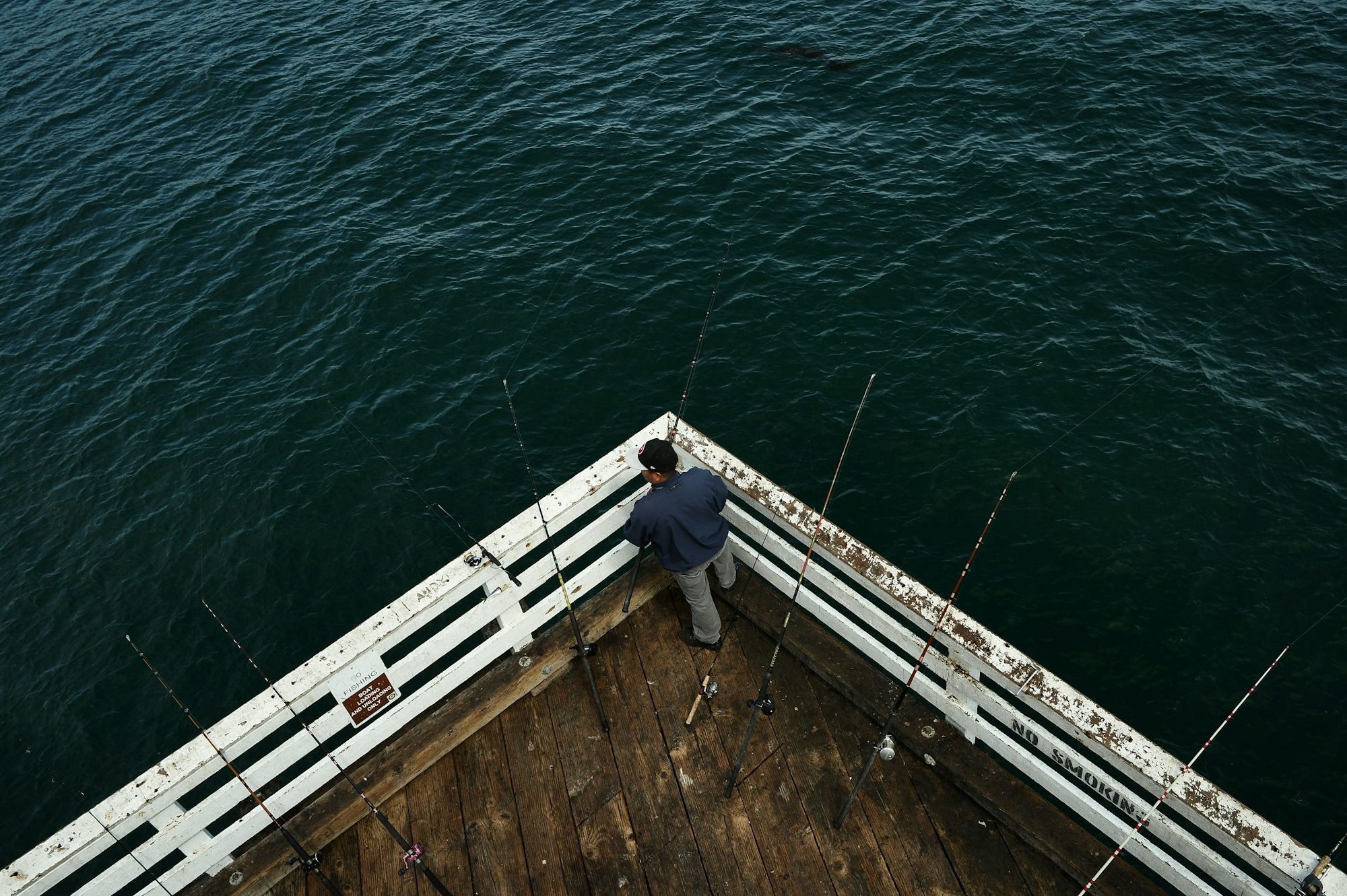Understanding Sustainability in Fishing
Sustainability in fishing refers to practices that maintain fish populations at healthy levels, protect habitats, and minimize bycatch—unintended species caught during fishing. Sustainable fishing not only conserves marine life but also supports the livelihoods of communities that depend on fishing. By adopting sustainable practices, anglers can play a crucial role in protecting our oceans and waterways.
One fundamental principle of sustainable fishing is the concept of catch and release. This technique allows anglers to enjoy the sport of fishing without depleting fish populations. When practicing catch and release, it's vital to handle fish carefully to minimize stress and injury. Using barbless hooks can facilitate easier release, and keeping fish in the water while removing the hook reduces the chance of harm. Educating oneself about the best practices for releasing fish is essential to ensuring their survival after being caught.
Selectivity in Fishing Gear
Choosing the right gear can significantly impact sustainability. Certain types of fishing gear are designed to minimize bycatch and reduce harm to the environment. For example, circle hooks are less likely to cause damage to the fish's mouth compared to traditional J-hooks, which can lead to more successful releases. Additionally, netting techniques such as using larger mesh sizes can help ensure that only target species are captured, allowing smaller fish and other marine life to escape unharmed.
Responsible Bait Usage
The choice of bait can also influence sustainable fishing. Using live bait can be effective, but sourcing it responsibly is key. Avoid overharvesting local bait species, which can disrupt local ecosystems. Instead, consider using artificial lures, which can be just as effective and have a lower environmental impact. Many modern lures are designed to mimic natural prey, making them appealing to fish while allowing anglers to minimize their ecological footprint.
Habitat Protection
Protecting fish habitats is another critical aspect of sustainable fishing. Healthy ecosystems provide the necessary conditions for fish to thrive, including clean water, abundant food sources, and adequate breeding grounds. Anglers can contribute to habitat preservation by practicing responsible behavior on the water. This includes avoiding areas with sensitive marine habitats, such as coral reefs, and adhering to local regulations regarding fishing in protected zones.
Furthermore, participating in conservation efforts, such as beach cleanups or habitat restoration projects, allows anglers to give back to the environment. By actively engaging in these initiatives, individuals can help restore and protect the natural ecosystems that support fish populations.
Education and Community Engagement
Educating oneself and others about sustainable fishing practices is vital for fostering a culture of responsibility among anglers. Joining local fishing clubs or organizations focused on conservation can provide valuable resources and support. These communities often organize workshops, seminars, and fishing events that promote sustainable practices while offering opportunities for anglers to connect and share experiences.
Furthermore, engaging with local fisheries management can help anglers stay informed about regulations and best practices. Many regions have specific guidelines to ensure sustainable fishing, including size limits, seasonal restrictions, and designated fishing areas. Adhering to these regulations not only contributes to sustainability but also enhances the overall fishing experience by promoting healthy fish populations.
Innovative Practices in Fishing
As technology advances, innovative practices in fishing continue to emerge. Techniques such as electronic monitoring and data collection can aid in understanding fish populations and their behavior. By using tools like sonar and underwater cameras, anglers can gain insights into fish habitats and movement patterns, which can inform better fishing strategies.
Additionally, the rise of sustainable aquaculture offers an alternative to traditional fishing. By raising fish in controlled environments, aquaculture can help alleviate pressure on wild fish populations while providing a sustainable source of seafood. Supporting local aquaculture initiatives can contribute to a more sustainable fishing industry and reduce the environmental impact associated with overfishing.
Advocacy for Sustainable Policies
Advocating for sustainable fishing policies at local, regional, and national levels is another way anglers can make a difference. Supporting regulations that prioritize fish conservation and habitat protection helps ensure a healthier aquatic environment. Engaging with policymakers, participating in public forums, and voicing support for conservation initiatives can contribute to the development of effective fishing management strategies.
The Joy of Fishing Responsibly
Ultimately, sustainable fishing practices not only benefit the environment but also enhance the overall experience for anglers. Catching fish while knowing that you're contributing to the preservation of ecosystems creates a deeper connection to nature. Many anglers find that practicing sustainability leads to more rewarding experiences, as they witness the positive effects of their actions on fish populations and habitats.
In conclusion, embracing sustainable fishing practices is essential for protecting our aquatic ecosystems while allowing future generations to enjoy this beloved pastime. From catch and release techniques to responsible gear choices and habitat protection, every angler can play a role in promoting sustainability. By educating ourselves and our communities, engaging in conservation efforts, and advocating for responsible policies, we can ensure that fishing remains a cherished activity for years to come. Let's commit to fishing responsibly and make a lasting impact on the health of our oceans and waterways.
